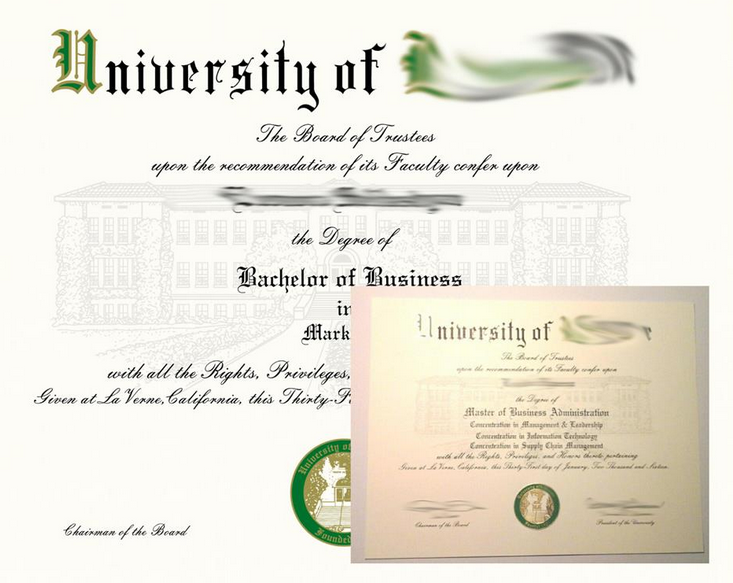
In today’s competitive job market, the importance of education cannot be overstated. For many, a high school diploma is the first step towards securing a promising career path. However, not everyone follows the traditional route of obtaining this crucial credential through years of study and hard work. The rise of online platforms offering to sell high school diplomas, both genuine and fake, has sparked a controversial debate about the ethics and risks associated with such transactions.
Searching online for phrases like “buy high school diploma” or “fake high school diploma” yields a plethora of websites claiming to offer authentic-looking diplomas and transcripts. These sites often boast of quick delivery, affordable prices, and a guarantee of confidentiality. While the temptation to acquire a diploma through these means might seem enticing, it’s essential to consider the potential consequences carefully.
One of the primary arguments in favor of purchasing a fake diploma is convenience. For individuals who, for various reasons, did not complete high school but wish to pursue better job opportunities, these websites present a seemingly easy solution. Additionally, some argue that in today’s digital age, where skills and experience often outweigh formal education, a high school diploma might not hold as much weight as it once did. Therefore, they see little harm in obtaining a fake diploma to bypass perceived societal barriers.
Moreover, proponents of these websites often highlight success stories of individuals who claim to have secured well-paying jobs or gained admission to higher education institutions using their purchased diplomas. They argue that as long as the diploma appears authentic, serves its intended purpose, and does not harm anyone, there’s no harm in buying one.
However, the ethical implications of purchasing a fake diploma cannot be ignored. Firstly, misrepresenting one’s educational qualifications is dishonest and undermines the integrity of the educational system. It creates an unfair advantage for those willing to deceive employers or institutions. Moreover, it devalues the achievements of those who have genuinely earned their diplomas through hard work and dedication.
Furthermore, relying on a fake diploma to land a job or gain admission to a university is a risky gamble. Employers and educational institutions increasingly employ rigorous background checks, including verification of educational credentials. If caught using a fraudulent diploma, the consequences can be severe, ranging from immediate termination of employment to legal action and irreparable damage to one’s reputation.
In addition to ethical and legal risks, there are practical considerations to purchasing a fake diploma. The quality and authenticity of diplomas obtained from these websites can vary significantly. While some may closely resemble genuine diplomas, others might be easily recognized as fraudulent upon closer inspection. In professions that require specialized knowledge or skills, possessing a fake diploma without the corresponding expertise can quickly lead to incompetence and endanger others.
Moreover, the psychological toll of living with the knowledge of possessing a fake high school diploma diploma can be significant. Constant fear of being discovered, coupled with the guilt of deceiving others, can take a toll on one’s mental well-being and overall quality of life.
Conclusion
While the temptation to purchase a high school diploma online, whether genuine or fake, may seem appealing, it’s crucial to consider the ethical, legal, and practical implications carefully. Instead of resorting to deceitful means, individuals should explore alternative pathways to further their education or career prospects. Honesty, integrity, and hard work remain the cornerstones of true success, and shortcuts often lead to more significant challenges in the long run.